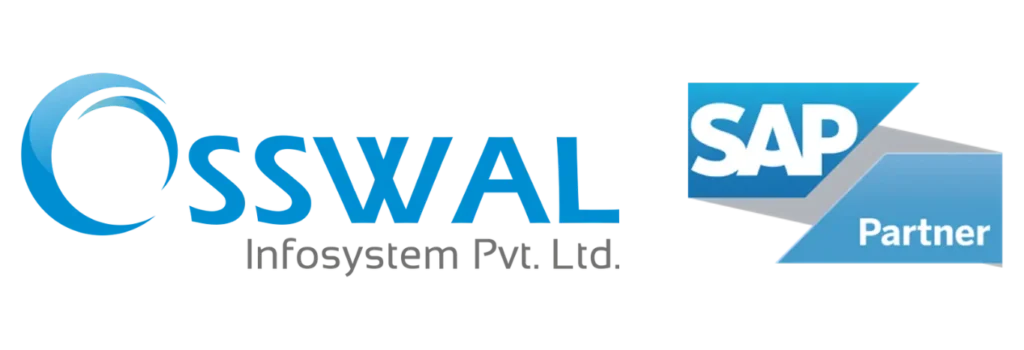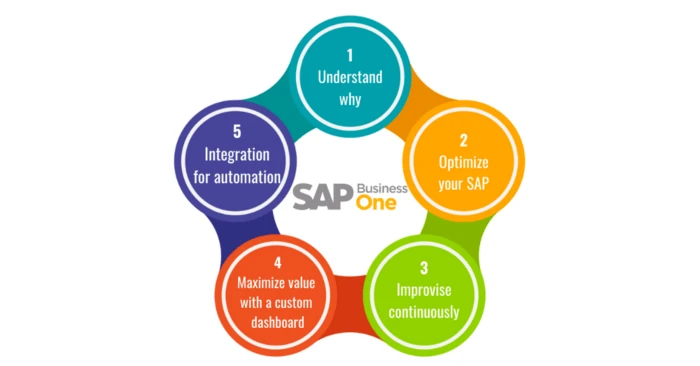When you hear the word enterprise resource planning (ERP), what is the first thing that comes to mind? Your thought process is perfectly natural whether your response is on-premise, Cloud ERP, inventory, discrete manufacturing, process manufacturing, or simply manufacturing in general.
These are top-of-mind recalls for people who have only a rudimentary understanding of ERP software. People who think of budgets or financial record-keeping when they hear the word ERP are much rarer, as are those who think of year-end closing.
Even if a connection between an ERP system and a company’s financial management is rarely established, it is a hard fact that ERP software simplifies financial record keeping and year-end closing.
Today, we see much more sophisticated ERP applications with a wide variety of financial reporting tools, including basic financial record-keeping and year-end closing functionality. This blog explores those features and emphasizes the importance of ERP software in streamlining financial record keeping and year-end closing.
An ERP module for finance can help a company’s financial management in general, as well as simplify financial record keeping and year-end closing in particular. Let’s start with keeping financial records.
A vital tool for streamlining a business’s finances
ERP software is a critical tool for ironing out bugs and streamlining the financial record-keeping process. It accomplishes this primarily by streamlining and enhancing reporting, banking, consolidating, income statements, balance sheets, and the financial accounting system. Companies can achieve optimum productivity and transparency by streamlining these functions.
To begin, businesses can use ERP software to build and produce personalized and detailed reports. Businesses have a lot of financial information about their sales, orders, billing, payables, receivables, labor, production, and so on. An ERP provides users with real-time access to sensitive information about these functions and assists them in analyzing how money is received and spent.
Simpler income statements and balance sheets
Income statements, a detailed record of a business’s revenue and expenditures over a specified duration that is collected using data from ledgers, financial reports, and expenditure reports, are another field where an ERP system excels in terms of simplifying financial record keeping.
ERP software combines data from ledgers, financial statements, and cost reports into a single income statement, providing a complete picture of the company’s financial situation at any given time as well as assisting in determining revenue and growth patterns.
An ERP also reduces paperwork, removes error-prone manual processes, simplifies financial procedures, and streamlines financial preparation and management through its financial accounting system. In a nutshell, ERP software serves as a tool for simplifying financial records and assisting in the growth and progress of a company.
Year-End closure made easier with ERP
The inventory and tax reporting fronts are the main obstacles companies face during year-end closing. An ERP, on the other hand, makes it easier for companies by automating certain activities and thus avoiding costly mistakes, allowing for data-driven and insightful decision-making.
To begin with, manufacturers find it difficult to maintain full production when conducting a physical inventory count at their warehouses to accurately account for all products and finished goods for their financial statements and fulfill their year-end closing criteria.
This method can’t be done manually, so it needs to be supported by ERP software that includes warehouse management features. Since inventory can be counted using scanners and barcodes, and the data can be updated to the system in real-time, such software is known to minimize the amount of downtime needed to complete inventory counts.
Furthermore, preparing year-end financial statements, such as balance sheets and cash flow statements, takes a lot of time and effort. However, since they are such a crucial necessity for tax reporting, companies are often looking for a way to get around this problem.
An ERP system automates documentation and compliance documents based on industry-specific requirements. Importantly, the reporting feature enables companies to assess profitability for the current fiscal year as well as budget forecasting for the next year.
Streamlined processes, real-time in-depth financial insights, seamless alignment between the Account Payable, Account Receivable, and General Ledger for all other ERP modules such as inventory, sales, procurement, and materials management, and fast publishing of journal entry are some of the other financial management benefits an ERP system provides to companies.
To summaries, ERP software is the missing component in your company’s arsenal for streamlining financial records and automating closing processes. At the touch of a button, ERP software enables you to achieve a quicker, more compliant financial environment. From a single dashboard, you can help your company centrally control the entire statutory process, including changes, corrections, adherence to tax submission deadlines, and other enforcement issues.



